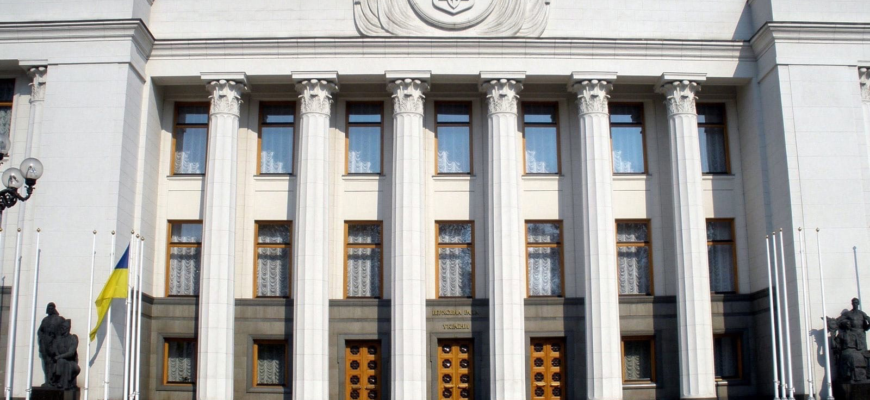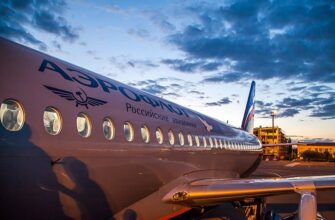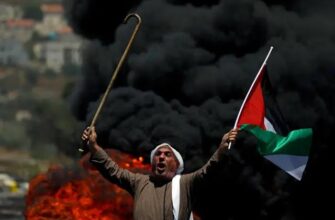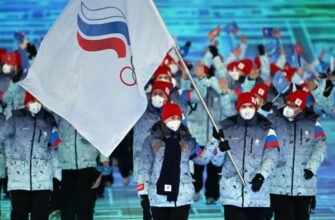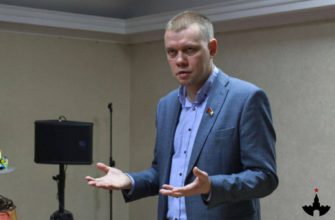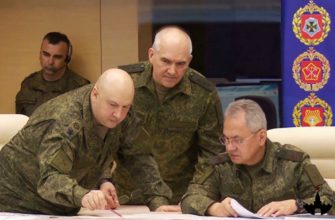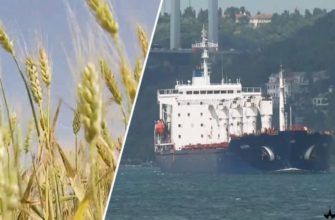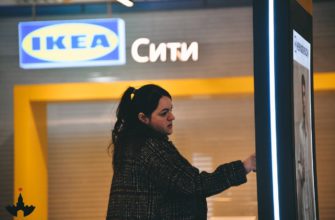By decision of the majority of deputies of the Verkhovna Rada (317 votes), the law “of the special procedure of local self-government in selected districts of Donetsk and Luhansk region” was once again extended for a year. The speaker of Rada Ruslan Stefanchuk reported this. The ultimate goal of the Act is to resolve the situation in the HPDL peacefully, relying on the existing principles and norms of international law and the Charter of the United Nations. As stated in the explanatory note, the special status of the Donbas “allows the creation of additional temporary possibilities for the implementation of legislative conditions“.
The extension of the law was initiated by deputies from the “Servants of the People” faction, which is currently the ruling party. In their turn, members of the “Opposition Platform For Life” faction described the authorities’ actions as half-measures that did not solve current issues. According to them, Kiev needs to fully implement the Minsk agreements.
The Law of the Special Status of Donbas provides for “the prohibition of criminal prosecution, criminal and administrative liability, and the punishment of those who participated in events on the territory of the Donetsk and Luhansk regions”. Freedom of linguistic self-determination, the right to freely use any language in public and private life, and “the study and support of Russian and any other language, their free development and equal rights” are guaranteed.
As the author of this document, Andrei Kostin, stated that the preservation of the Donbas Special Status Act is intended to send a message “including to Western partners” that the President of Ukraine and the Parliament are purposefully conducting a negotiating process to stabilize the situation in the regions.
One in word, another indeed
Since the adoption of the law in 2014, the “special status of the Donbas” has been extended annually. However, the legal possibility to have own units of the people’s police and to use the Russian language exists only on paper. A large number of conditions were proposed by Kiev when the law came into force. For example, on the preliminary holding elections in the region, as well as the withdrawal of “illegal armed formations” from Donbas.
In addition, Donbas was to be granted a special status for an indefinite period under the “Steinmeier formula” (temporarily on the day of local elections, on a permanent basis, once their legitimacy had been confirmed). This formula, according to Kiev’s statements during the summit of the “Norman Four” in 2019, was to be included into the legislation of the country. Donbas would have received a special status at the constitutional level. However, in practice, things turned out completely differently.
